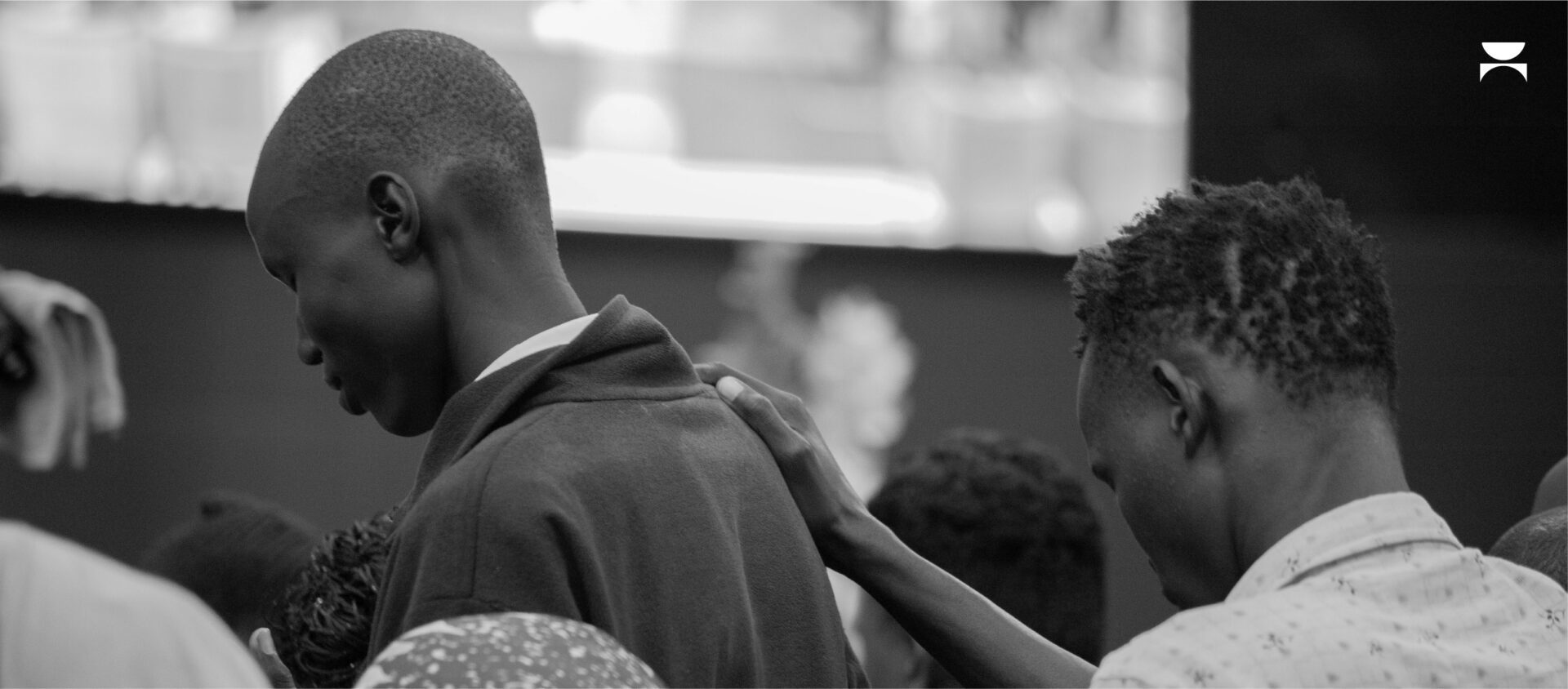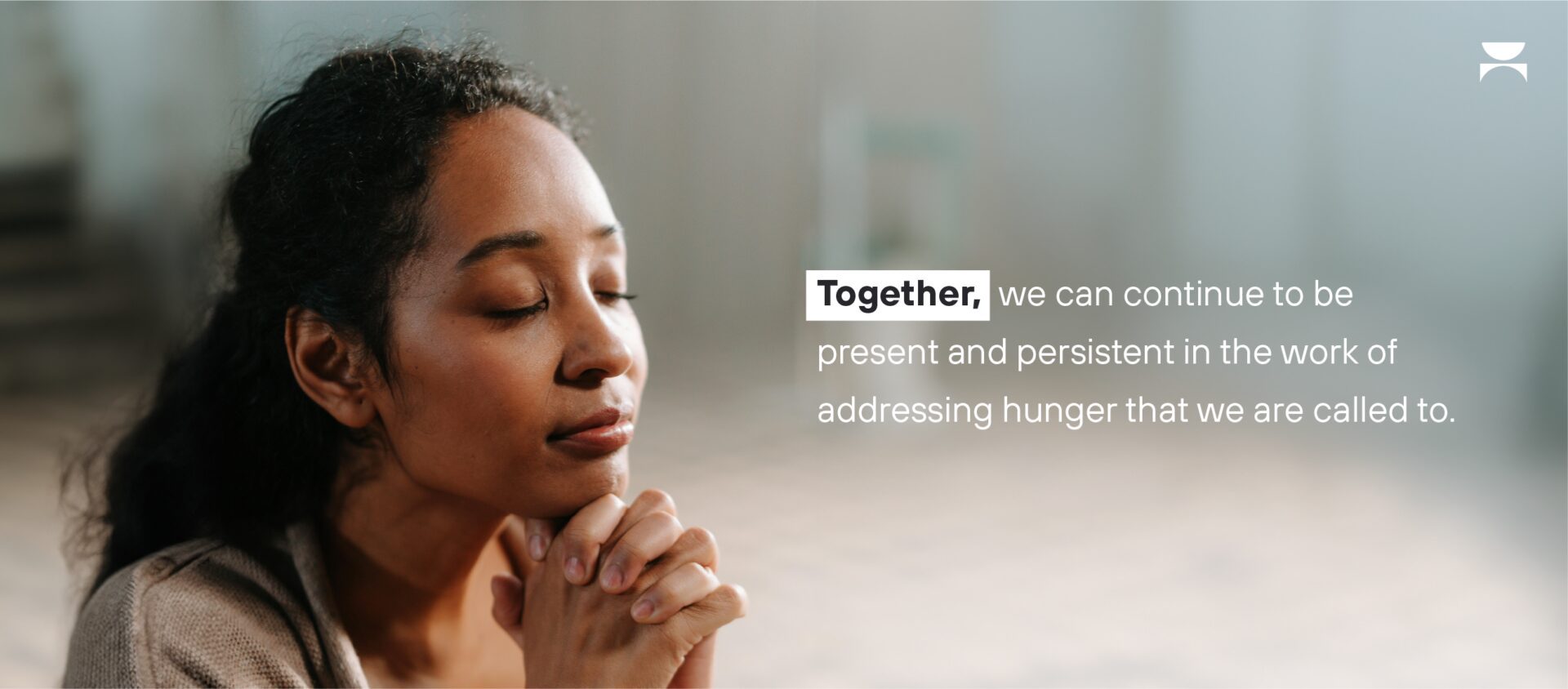A poll released last week by the Cultural Research Center at Arizona Christian University and reported in RELEVANT found that 51 percent of people who self-identify as “people of faith” do not plan to vote in this election. That’s 105 million people. Of those, 41 million are Christians – most who say they regularly attend church.
When asked why, 68 percent say that they are not interested in politics.
These are shocking numbers.
I acknowledge that politics isn’t the most important thing, but we ought to correct the notion that politics isn’t part of the larger arena by which God can orchestrate things for His glory. As I write in my book, Thou Shalt Not Be a Jerk, A Christian’s Guide to Engaging Politics: “Politics matter because politics inform policies that impact real human people who are created in the image of God.”
We Ought to Care About Each Other

As people of faith, we are meant to be engaged citizens. One of the ways we do that is to exercise the right and privilege to vote.
I say this gently and pastorally: it’s a dangerous, idolatrous, false-binary perspective to say that any political party is God’s party. No one party (or political leader) monopolizes the kingdom of God. I don’t know how more clearly I can say that.
I do think we can use our prayerful discernment, theology, and our convictions in the divinity and humanity of Jesus Christ to inform our views.
Nearly 14 million children in the U.S. are experiencing hunger. Approximately 1 in 11 people around the world are food insecure, including 45 million children who suffer from wasting, the most devastating form of malnutrition.
Our elected leaders can make decisions that will have an incredible impact on the lives of these people and children who are vulnerable.
This is not a left-wing issue.
This is not a right-wing issue.
It’s a human dignity issue.
It’s a human flourishing issue.
As Christians, we ought to care about the politics that inform the policies that are not sufficiently addressing these children who are experiencing hunger.
Three Things Everyone Can Do

I understand that it is difficult to engage in politics when everything is so divisive. It can feel like we are being yelled at all the time by supporters of one party or the other. Be honest, who else is exhausted of receiving political donation text messages?!?
The problem with polarization is that we have reserved questions of importance until election season. We should be engaging and talking with our neighbors all the time – and not just about political issues.
The command to love your neighbor is an incredibly important part of our identity as followers of Jesus. We ought to look around and notice who we are regarding as our neighbors. Are we only connecting with people who look like us, think like us, feel like us, worship like us, and vote like us?”
It’s all too easy to end up in an echo chamber where everyone we talk to affirms everything we already think. I’ve spoken before about Make America Dinner Again (MADA), an initiative started by two people after the last election who realized that they didn’t know a single person who voted differently than they did. They decided to host a dinner where they began with: “We don’t want to blame. We don’t want to point fingers. We do want to have a conversation.”
Dinners like this may not change our views, but they can make us more human, more civil, more empathetic. I know because I joined my local MADA dinner.
It can be satisfying to scream and shout our convictions at the other side. But the opposite, to listen well – not just share our views well – is something we should learn, too. And it can be just as fulfilling.
So that’s the first thing everyone can do:
1. Be in conversation with your neighbors and the people around you.
When we enter into regular conversation with our neighbors, we learn about what they care about and what issues impact them. We begin to see how policies affect them, maybe differently from how they affect us.
It can be eye-opening. And it can make you see your community differently.
I encourage you to get involved locally. Whether that’s your congregation, or your neighborhood, or your city…. you don’t have to be an elected official to make change in your community. And you don’t have to do everything.
Just do something. Be an active participant in the place you live. Get involved with the PTA, join a public gardening project, volunteer at your area foodbank, advocate for better disability access in your county building. Just do something.
If we reduce our civic engagement to one vote every four years, we might be part of the problem. In the same way that Christianity can’t be reduced to 2 hours on a Sunday morning, citizenship cannot be reduced to 1 vote every few years.
That’s the second thing everyone can do:
2. Vote, but don’t only vote. Get involved in your community.
As Christians, we know the importance of speaking truth to power. But we can’t forget the importance of working toward peace at the same time.
In the last few election seasons, we have seen political strife. Assassination attempts. A march on Capitol Hill where citizens assaulted elected officials. We need to pray and work toward a peaceful transition of power.
Prayer is a powerful act that binds us closer to God and to each other. It empowers us to support those in authority with a spirit of both truth and love. We can be pastoral and prophetic. Ask God to grant our leaders the integrity and wisdom to focus on matters that protect the most vulnerable among us.
That’s the third, and maybe the most important thing everyone can do:
3. Pray and work toward peacemaking and pray that our leaders lead with compassion.

What the Future Holds
In the U.S., our elections can have a tremendous impact on hunger here in the U.S. and around the world. We can elect and hold accountable leaders – of any political party – who care about hunger and justice.
Whatever the election result, Bread for the World will work with both political parties to advocate, speak up, and represent, as humbly, faithfully, and passionately as we can, God’s commandment to feed our neighbors – whether they live in the next house or the next continent.
Thank you for your prayers as we continue that work. Thank you for your generosity that allows us to continue that work. Thank you for being part of Bread for the World. Thank you for your voice and advocacy that amplifies this choir. Together, we can continue to be present and persistent in the work of addressing hunger that we are called to.

If you haven’t yet, sign the pledge to Vote to End Hunger. You can also click here to sign up for Prayers to End Hunger.
If you’ve never given a donation to support Bread’s work, please consider doing so now.


